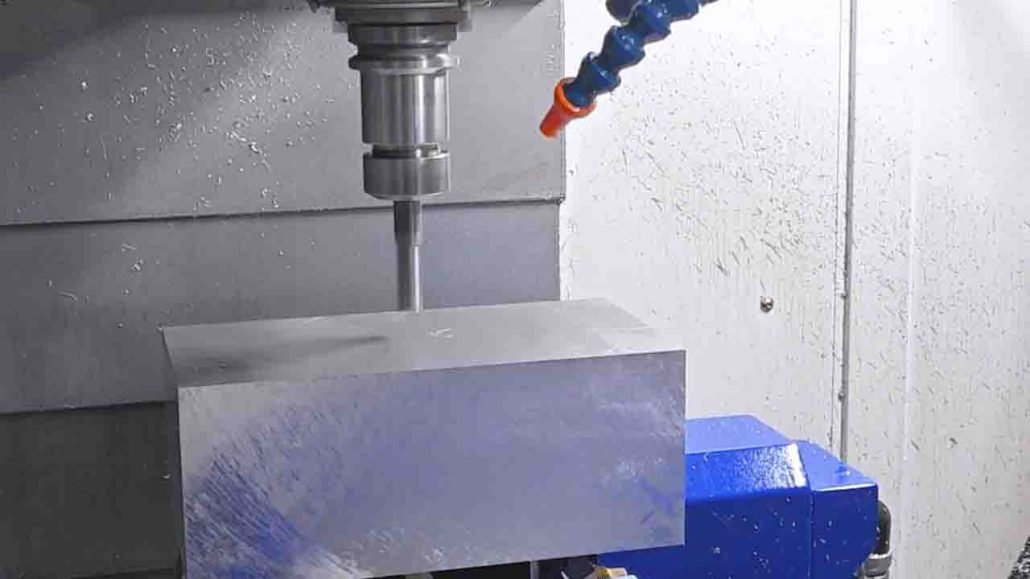CNC machining is a manufacturing process that utilizes computerized controls to operate and control machine tools. The process is widely used in various industries for producing precise and complex parts with high accuracy and consistency. However, ensuring quality control in CNC machining is crucial to avoid defects and ensure customer satisfaction.
Quality Control Measures in CNC Machining
There are various quality control measures that can be implemented in CNC machining to ensure that the final product meets the required specifications. These measures include:
1. Inspection of Raw Materials
The quality of the final product is directly related to the quality of the raw materials used. Therefore, it’s essential to inspect and verify the quality of raw materials before they are used in the production process. The inspection process should include checking the material’s dimensions, chemical composition, and physical properties.
2. Calibration of Equipment
Calibration of CNC machines and other equipment used in the production process is essential to ensure that they are functioning correctly and producing accurate results. The calibration process should be carried out regularly to maintain the equipment’s accuracy and reliability.
3. Quality Assurance Procedures
The implementation of quality assurance procedures is necessary to ensure that the final product meets the required quality standards. These procedures can include conducting inspections and tests at various stages of the production process to detect any defects or deviations from the required specifications.

4. Documentation and Traceability
Keeping detailed documentation and traceability records is important to ensure that the production process is transparent and accountable. This documentation should include information about the raw materials used, the production process, and the final product’s specifications.
Benefits of Quality Control in CNC Machining
Implementing quality control measures in CNC machining offers several benefits, including:
1. Reduced Scrap and Rework
By detecting defects early in the production process, quality control measures can help reduce the amount of scrap and rework required, leading to cost savings and improved efficiency.
2. Improved Customer Satisfaction
Ensuring that the final product meets the required quality standards can help improve customer satisfaction and build a positive reputation for the company.
3. Compliance with Industry Standards
Implementing quality control measures can help ensure compliance with industry standards and regulations, which can lead to increased business opportunities and customer trust.
Conclusion
Quality control measures are crucial in CNC machining to ensure that the final product meets the required quality standards. By implementing these measures, companies can reduce scrap and rework, improve customer satisfaction, and ensure compliance with industry standards.

